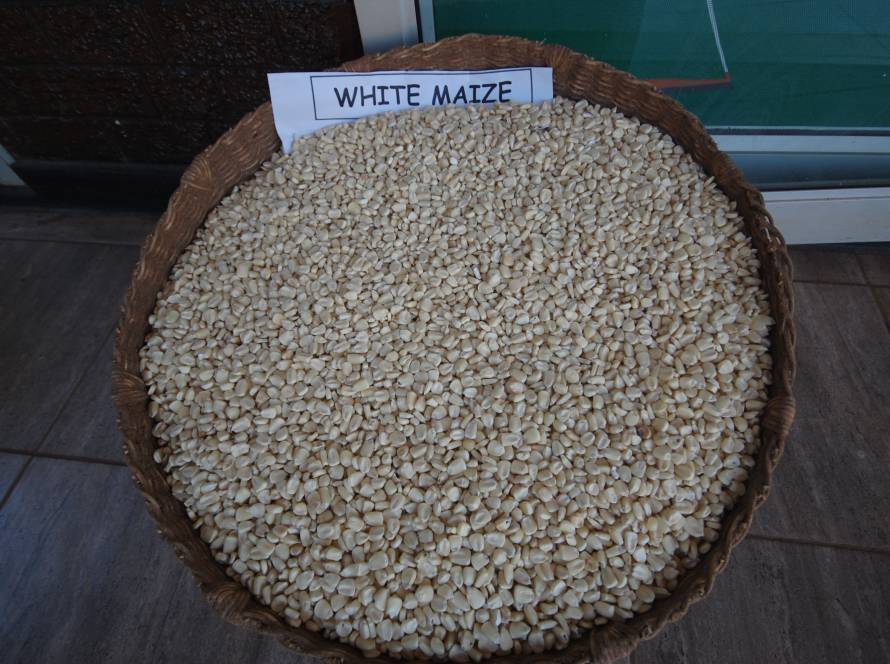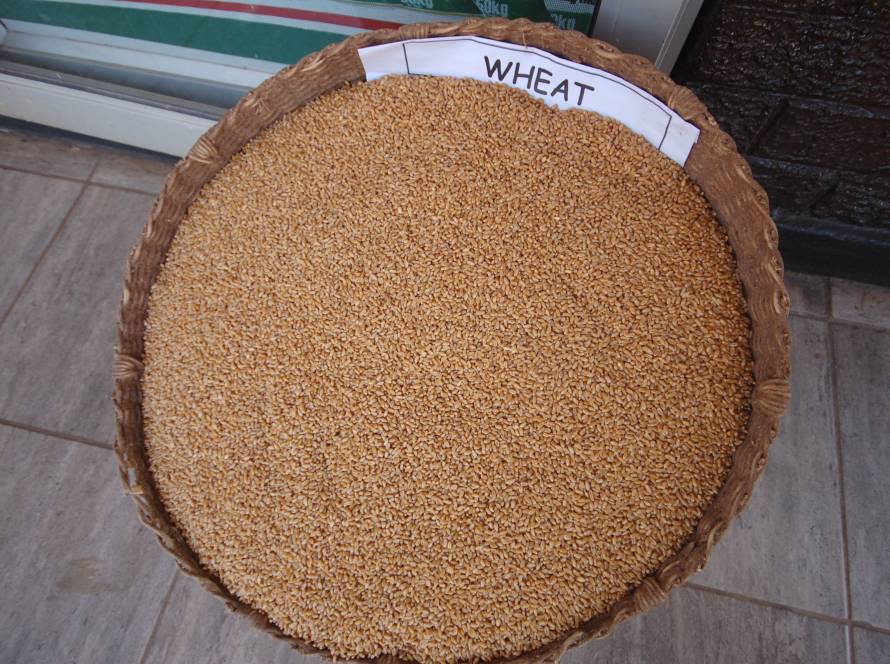Wheat farmers are hopeful of a bumper harvest, with the planting deadline having lapsed after the Government pulled the strings to guarantee availability of inputs and uninterrupted power supply this season.
In support of winter wheat production, the Government this year acquired equipment such as tractors and combine harvesters that are administered through the Agricultural Finance Corporation and CBZ. The crop is being supported through private contractors, the Government’s National Enhanced Agricultural Productivity Scheme (NEAPS), the Presidential Wheat Support Scheme and self-financed growers.
Further, Zimbabwe’s power utility, Zesa, has ring-fenced 120 megawatts for winter wheat farmers to irrigate the crop this season, with the planting having started in early April this year, taking advantage of the moisture that was available across all the provinces as the rainy season came to an end. In line with agronomic practices, this year’s winter wheat planting deadline was June 15.
Statistics of the planted hectarage are yet to be released, but, in an interview with the Sunday Mail Business on Thursday last week, chief director responsible for agricultural advisory services in the Ministry of Lands, Agriculture, Fisheries, Water and Rural Development said the below:
“We have done pretty well; our planting window ends today, the 15th of June, so we’ll then be able to have an audit of how many hectares have been planted by the closing date. But I think, in my opinion, we have done pretty well. Around or on the 2nd of June, we were at 64 000 hectares but then planting happened very quickly ahead of the closing of the planting window and we think that the hectarage planted by the end of the planting deadline is way much higher.”
Professor Obert Jiri
The Government has targeted 90 000 hectares under winter wheat this season from which 400 000 tonnes of the grain will be achieved, up from 375 000 tonnes realised last year, which was a record since wheat production in Zimbabwe started in 1966. The country requires 360,000 tonnes of wheat per annum for local consumption.
The improvement in hectarage put under wheat this season is informed by the Government’s interventions meant to increase output, in sync with the Agriculture Food Systems Transformation Strategy, the Agriculture Recovery Plan and the National Development Strategy 1.
Efforts to increase wheat production have also been made in light of the potential negative impact of supply chain disruptions in traditional source markets following the Russia-Ukraine conflict in Eastern Europe.
Active on the ground
In a separate interview, the Zimbabwe Commercial Farmers Union president, Dr Shadreck Makombe, said in the last days of the planting season, farmers were still active on the ground, trying to meet the 90 000ha target.
“So, given the prevailing situation, we want to believe the target will be achieved and to continue planting after the 15th of June, generally, in most parts of the country, has got challenges.
“However, in other areas, it has no challenges considering the rains will come late and there are not many disturbances.
“With regard to electricity, I must acknowledge there is great improvement as opposed to in the past. Complaints are here and there in terms of faults but there is a great improvement on the provision of electricity,” he said.
Dr Makombe said the crop was at different stages of growth because it was not planted on the same date.
“There has been a lot of activity and a lot of planting was done this season. The crop is looking good as you are aware. We had a very good rainy season, meaning the water reservoirs (weirs and dams) are quite impressive as wheat is a crop that requires a lot of watering and that has improved the quality of the crop.




